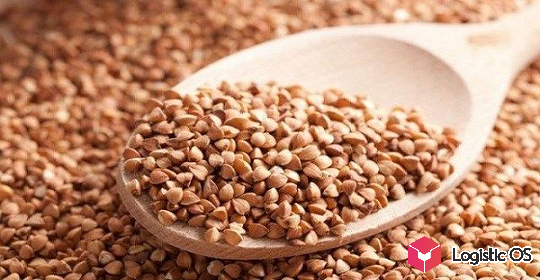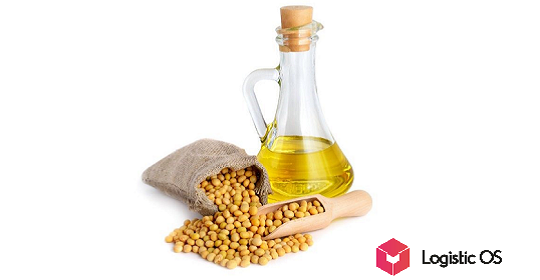According to the US Department of Agriculture, Russia is gradually ousting the European Union from its usual wheat markets — primarily from the Middle East.
Analysts from the US Department of Agriculture note that competition between Russia and the European Union in terms of supplies of agricultural products to countries in Africa and the Middle East is currently growing significantly.
For example, the USDA reduced the April forecast for exports from the EU in these areas from 36.5 million tons to 34.5 million tons (we are talking about the annual forecast for the beginning of the agricultural season).
Overall, European wheat supplies to Africa fell by 25% from July 2023 to January 2024 compared to the same period last year.
If we take supplies to the Middle East, they fell even more: by 60%.
At the same time, if we analyze Russian exports to the same countries, we will see a completely different picture.
The April forecast for Russian exports to these regions, made by the same US Department of Agriculture, was increased from 51 million tons to 52 million tons.
It is very unpleasant for European exporters and farmers that Russia is actually seizing from them the markets of Algeria and Saudi Arabia, which previously belonged to them almost completely.
For example, 5 years ago, 95% of wheat imports to Saudi Arabia came from the territory of the European Union, and 85% of imports to Algeria.
But since then, a new trend has emerged: both of these countries, firstly, are actively increasing their own food production, and secondly, they are increasingly shifting from European wheat to Russian.
At the same time, European analysts admit that it will not be easy for them to compete with Russia in this market.
One of the main reasons is that Russia has high wheat reserves, which allows it to offer buyers a more attractive price that is difficult for them to resist.
In addition, the Russian Federation receives large harvests of grain crops from year to year and can stably supply supplies, which also represents an important advantage.
As for the wheat harvest in Russia this season, it could be about 93 million tons, according to the opinion of Dmitry Rylko, General Director of the Institute for Agricultural Market Studies.
This means that we will again see values close to record values.
Taking this into account, we can expect that Russian exports will also be a record high, at the level of 50 million tons.
At the same time, Africa and the Middle East remain the highest priority destinations for Russian exporters today.

